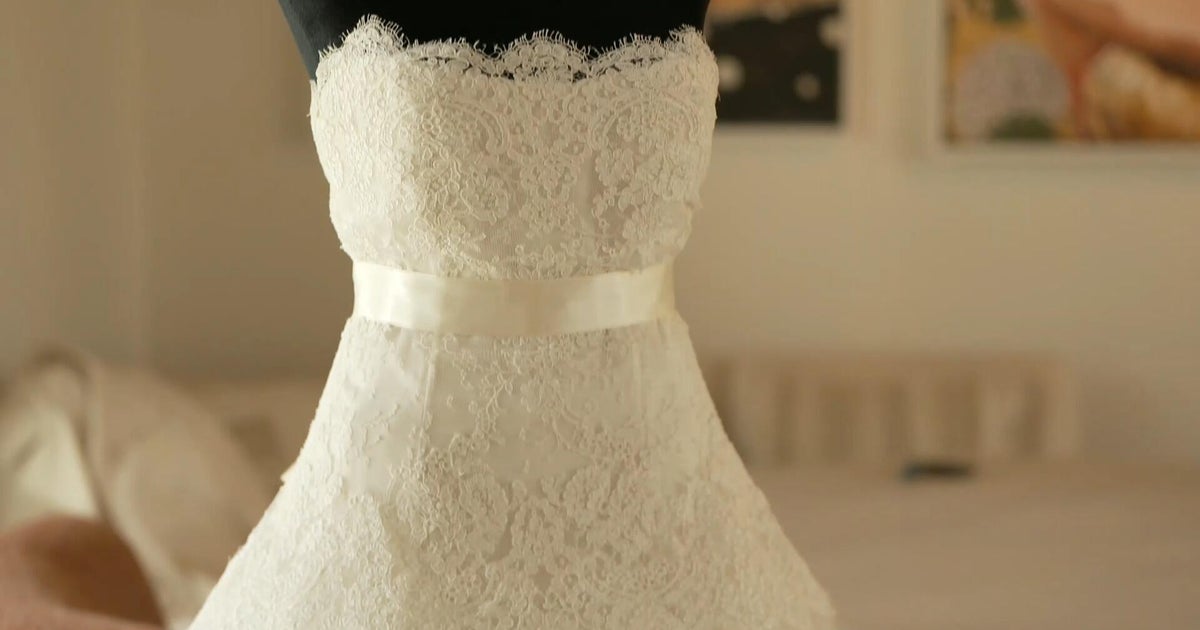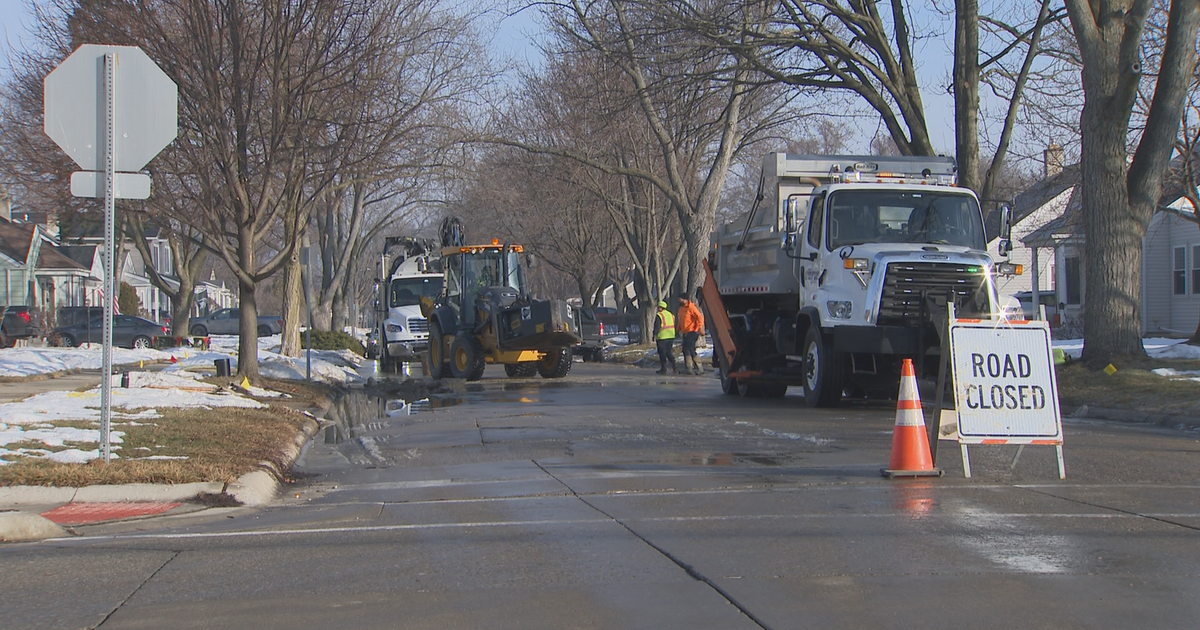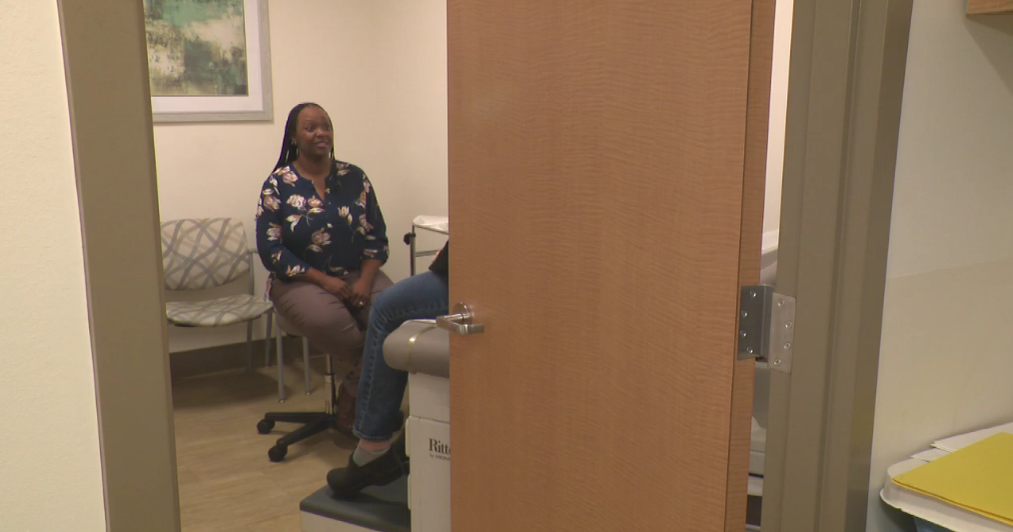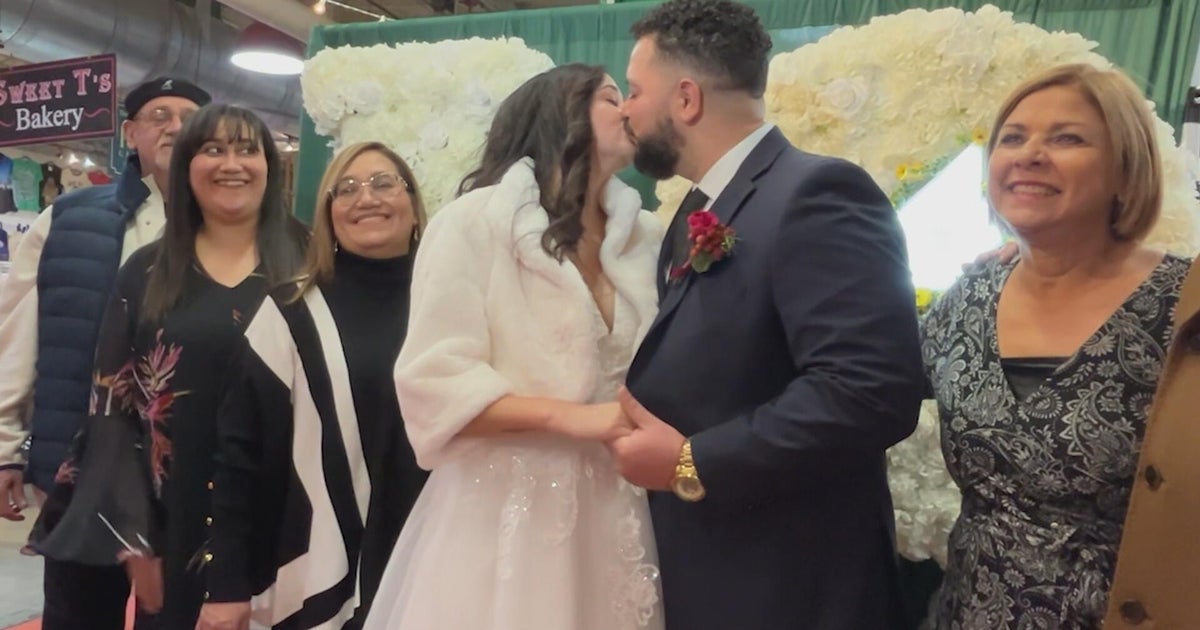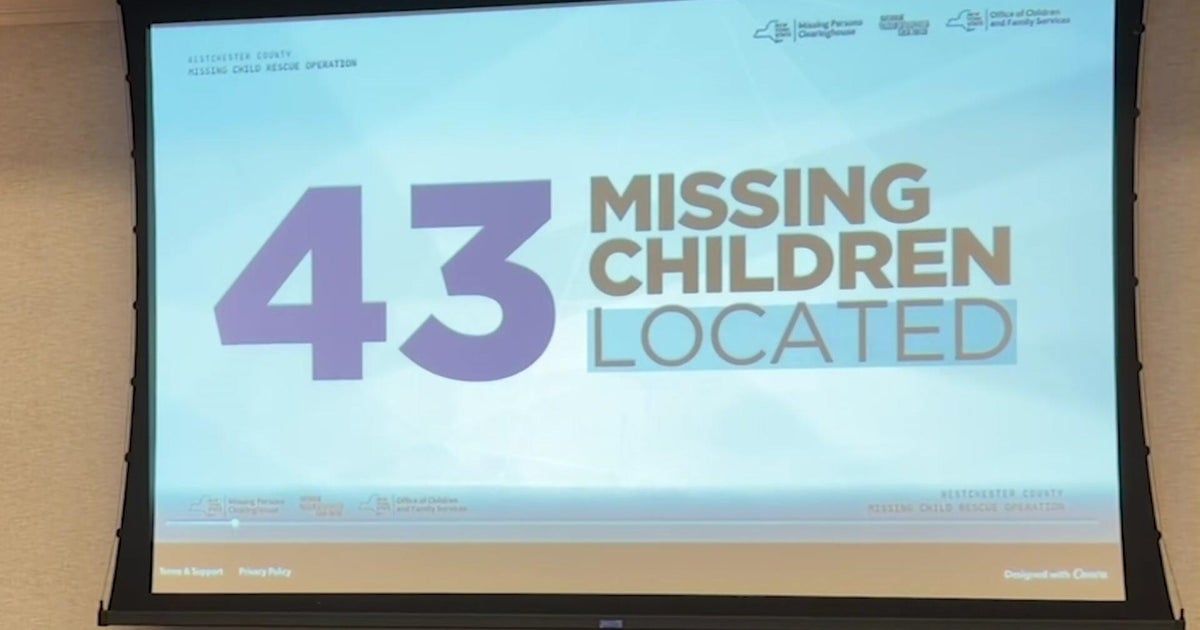You Should Talk About Puberty With Kids Way Before It's Here
Oops.
Many of us have tried broaching the subject -- or subjects -- of puberty with our tweens, only to discover that they're already too uncomfortable to engage.
To find out what I could and should have done, I asked Rachel Lotus, founder and director of The Talk NYC, a progressive sexuality education company. Her answer? We need to start earlier.
Parents of younger kids -- think preschool and early elementary -- can make puberty a regular part of family discussions and book collections long before bodily changes are on the horizon.
"If you introduce these topics when kids are very young in an age-appropriate way, then, when they are at the age where it actually starts to become really relevant, they don't feel so awkward and uncomfortable about it," Lotus said.
If you wait until the precipice of puberty, she said, "you end up introducing tons of content and lots of new language and ideas. It's so much more challenging to make those conversations feel comfortable for both parents and kids."
Puberty education is also shown to reduce anxiety and improve attitudes in adolescents. But with puberty occurring earlier in many parts of the world, the need to normalize discussions for younger kids has increased.
Become your child's trusted source
How do we do that? First, dispense with the notion of sitting down for a single, gendered, planned birds-and-bees talk, Lotus suggested.
Replace that single talk with a series of age-appropriate chats, whenever opportunities present themselves, about both male and female puberty, regardless of your child's sex or gender identity. It can happen when kids ask questions about parents' bodies, when issues arise in TV shows or books, or when you're baking cookies or driving somewhere together and have a captive audience.
"We're starting when kids are verbal with proper names of body parts and then, a couple of years later, we're building in more knowledge about what bodies do and how that relates to babies," she said. "A couple of years after that, we're having more meaningful conversations about gender expression and roles and identity." By the time kids are approaching puberty, "They've got all this knowledge accumulated."
Because of the work adults have already done, kids will understand their parents or guardians as trusted sources of information, who can talk to them about increasingly complex subjects far beyond bodily changes, including healthy relationships, consent and pleasure. This means adults shouldn't shy away from those subjects, or demure when asked about them.
"If you are able to push through that wall of discomfort, then you have a much better chance, when your kid is starting to explore sexually with partners, of having open, honest conversations to keep them safe and emotionally informed," Lotus said. "It sends a message to your kids that there's nothing shameful or secret about sex and sexuality and that you are not uncomfortable with it."
Girding against Google
If we don't do that, chances are our kids will seek the information elsewhere, usually by searching on the computer. "That's how an 8-year-old ends up Googling words that are two clicks away from porn," Lotus said.
That's, in fact, what happened to Nikki Fragala Barnes, who overlooked talking about puberty with her second son, assuming he'd absorbed plenty from his older brother by age 10. Instead, he went searching himself and ended up seeing some pretty wild drawings of Disney characters in risqué poses.
"He was wanting to explore, wanting to experiment, and aware that more existed in the world as far as sexuality goes than he already knew about," Barnes said.
The experience ended up being positive, opening doors for them to have difficult but rewarding discussions about sexuality and consent. But, Lotus said, ideally, "You really want to be the one to get in there and write the narrative before anybody else can."
All puberty for all kids
These days, there are a lot of options for puberty education: online classes, films, books. But many of them are still single-sex discussions, with only female children learning about menstruation or only male kids learning about nocturnal emissions, for instance.
Another reason to start puberty discussions earlier, and to teach all kids about all aspects of puberty, is to make those conversations easy for kids of all sexes and gender identities to discuss together, to help them be all more respectful and accepting of each other.
"If we haven't been having conversations with mixed genders all along, if we start to try to do it around puberty, it's just exactly at the point when kids are experiencing such magnified self-consciousness and self-awareness that it becomes much harder to do," Lotus said.
If we separate puberty talk by biological sex, Lotus says, "it creates a cloak of secrecy and shame, and this feeling that whatever's going on with them is dirty and gross." It also leaves out trans and nonbinary kids.
She finds that because childhood is already so gendered, and the differences between sexes and gender identities so emphasized, that boys tend to try to create diversions with humor. "A lot of times for girls, it's more of a withdrawal," Lotus said. "They just get quiet and fold into themselves."
Inclusive puberty
One reason Lauren Rowello, parent of two kids, ages 8 and 11, decided to talk to them early about puberty was to make sure they felt comfortable coming to her and her partner later.
"My hope was that they would feel empowered to make the choices that feel right for them, that they could talk to us about those choices instead of possibly pursuing things on their own," she said. She wanted to avoid that kind of secrecy and shame with her two children that she had experienced plentifully as a child.
"We really started these conversations when they were really tiny," she said. "It came from not wanting them to feel like my body was something strange and different and other to my kids, who will not experience menstruation."
Normalizing menstruation as a human experience, and not something weird and gross, she said, "will hopefully help them be good allies and companions to folks who have similar experiences to me." And understanding how their own bodies work "will hopefully empower them not to feel shame and confusion about their own bodies."
For Rowello, talking about puberty in a non-gendered way is also extremely important. Her wife came out as trans and her child as nonbinary while they were exploring how to talk about puberty with their children.
"It became a conversation about, 'This is what could happen to your body, or we could take some blockers and postpone that, or we could take different hormones and change that path altogether," she said, though there may be potential health implications from puberty blockers and cross-sex hormones. Rowello added, "There is no right or wrong way to be a boy, to be a girl or to be anything other than a boy or girl."
Author Gina Loveless has created that kind of conversation with her new book "Puberty Is Gross But Also Really Awesome."
"I wanted to build a better mousetrap when it comes to puberty books, a more updated and current one that reflects like the world that we live in now," Loveless said. "It's been so divided for so long, where it's always the boys' book for puberty and the girls' book for puberty. That in and of itself is just simply outdated language."
Her book is comprehensive and inclusive, covering, for instance, how young males may develop breasts during puberty -- sometimes temporarily. There are kids depicted with grandparents, foster parents or guardians, not just parents, and pictures of kids with hearing aids, or with the skin condition vitiligo.
"This book was written to be as inclusive as possible," Loveless said. "There are more lives being lived out there, and we're helping expose kids to that."
It's never too late to start
Rowello said her 11-year-old son speaks openly about his own bodily changes, and about puberty topics in general. "Those conversations are the reason that he feels really comfortable and fine talking. He's comfortable with his body and he's open to talking about what's going on and asking questions."
If you haven't started early, don't despair. Lotus said to keep trying in respectful ways and small doses.
"Your kid most likely is going to act like they would rather die than talk to you about these things," she said. "It's incredibly important that you just press on and do it anyway."
The-CNN-Wire™ & © 2021 Cable News Network, Inc., a WarnerMedia Company. All rights reserved.

